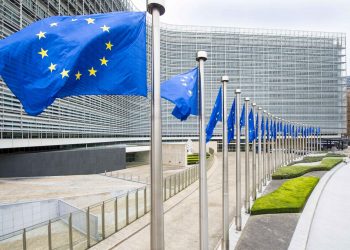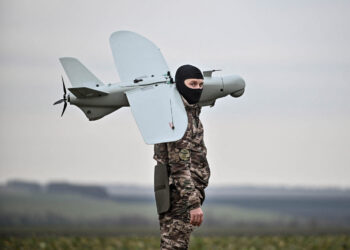,
President Ma Ying-jeou on Wednesday told a United States delegation led by former U.S. Secretary of Defense, William Perry, that Taiwan will continue to allocate funds for defensive arms to “ensure a solid national defense force.”
“We will rationalize our defense budget to acquire the necessary defensive weaponry to form a solid national defense force to show our will to protect the nation,” said Ma on Wednesday in the Presidential Office.
Ma added, however, that Taiwan will also restore its reputation in the international community as a peace-maker by showing other countries in global society that the nation will seek cross-Taiwan Strait peace and stability.
Ma made the comments when he received a delegation, led by Perry, of 11 members of the National Committee on United States-China Relations who are visiting Taiwan.
The non-profit committee was established in 1966 to promote understanding and cooperation between the United States and Greater China.
The delegation was originally scheduled to visit Taiwan in January with the aim of gaining a better understanding of the local political situation after the legislative election, but the trip was postponed to June.
Ma said he welcomed the U.S. delegation's visit to Taiwan. Citing his previous remarks in his inauguration speech, Ma pledged that he will strengthen bilateral relations with the United States, which is the foremost security ally and trading partner of Taiwan.
Ma's comment on purchasing arms from foreign countries came after a previous U.S. media report which claimed that Taipei reportedly called on Washington to postpone deliveries as it engaged Beijing in bilateral talks. According to the latest issue of Defense News, the government asked the U.S. to halt weapons sales to Taiwan.
After the periodical report, the Washington Post also released a report which cited unnamed sources as saying that U.S. Secretary of State Condoleezza Rice and National Security Adviser Stephen Hadley were holding up a US$11 billion arms package and a delivery of dozens of F-16 jets to Taiwan, possibly until U.S. President George W. Bush leaves office.
In reaction to the accusation that Taiwan's government had asked Washington to suspend its arms sale to the nation, Taiwan's representative in Washington Joseph Wu previously clarified that there had been no disruption to the arms procurement process and that Taipei would maintain its policy of purchasing weapons from the U.S.









